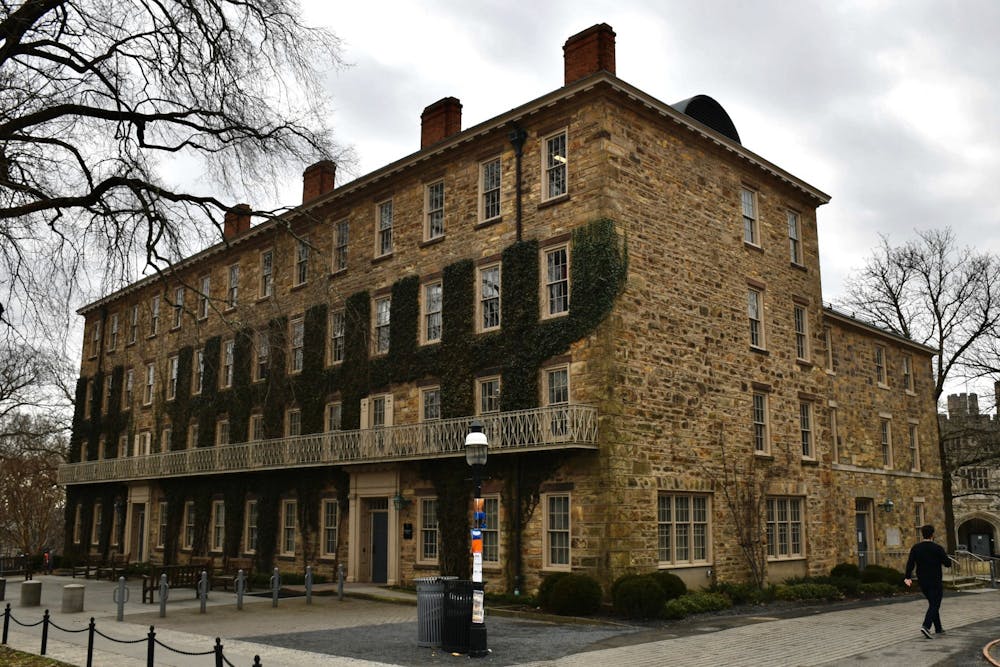The University recently informed students and families that tuition would be reduced by 10 percent for both semesters, while adding that tuition changes would “not change parental contributions.”
This Board vigorously opposes Princeton’s refusal to change expected family contributions, all the while reducing tuition. This policy effectively provides relief for the wealthiest students, leaving students who receive financial aid in the dust.
While the University released the details of revised attendance costs alongside the Fall 2020 announcement, financial aid packages for the 2020–21 academic year have yet to be released, causing anxiety for the 60 percent of students who receive aid. The University calculates financial aid packages by determining how much each student and their family can afford, providing grants to cover the remainder. The “parental contribution” portion of the financial aid package represents how much the University determines a student’s parents can afford to pay.
In other words, while the 40 percent of students not on financial aid will receive a direct discount, the families of students who receive financial aid will have to pay the same “parental contribution.” While some cuts may help those on full financial aid in the form of refunds, they offer no assurance of assistance to those in the middle.
The financial aid FAQ circuitously acknowledges that the decrease in tuition does not help those on financial aid, as rising tuition rates have “historically been to the advantage of aid recipients.” To supposedly make up for this discrepancy, the University has waived the $3,500 “student contribution” portion of the financial aid package, often paid for by campus jobs. But it remains troubling to this board that the University would simply remove a work requirement, rather than provide financial aid to students’ families, while providing more than twice that amount of relief for families that, generally speaking, fall in the top decile of the income bracket.
This board calls on the University to reduce the cost of attendance across the board. Wealthy students do not need a bailout at the cost of low- and middle-income peers.
144TH EDITORIAL BOARD
Chair
Zachariah W. Sippy ’22
Members
Benjamin Ball ’21
Shannon E. Chaffers ’22

Kate Lee ’23
Madeleine Marr ’21
Jonathan A. Ort ’21
Elizabeth Parker ’21
Emma Treadway ’22
Ivy Truong ’21
Cy Watsky ’21








